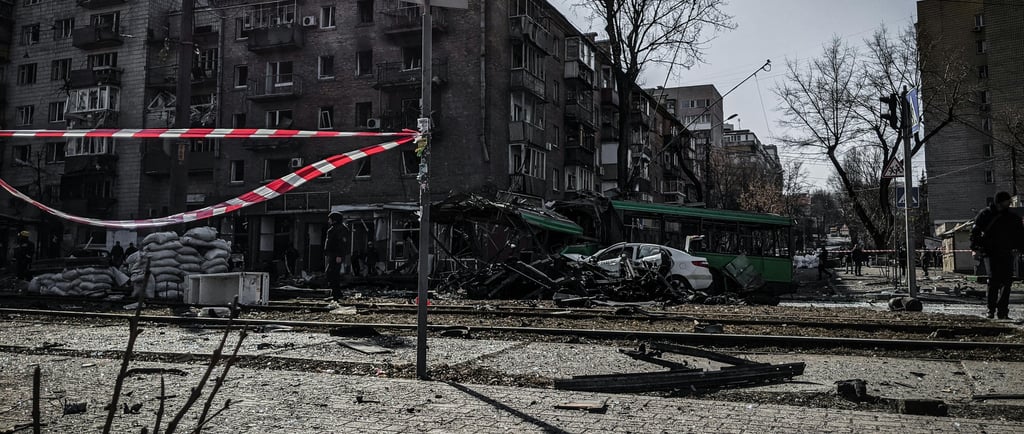Surviving in a War Zone: First Steps
WAR & CONFLICT SURVIVAL


Why First Steps Are Critical
When conflict breaks out, the first hours and days are the most dangerous. Panic spreads, resources vanish, and danger lurks on every corner. Survival depends on keeping a clear head and making smart decisions early. Knowing what to do first gives you the best chance to endure the chaos.
Securing a Safe Location
The first priority is finding shelter away from immediate threats. Avoid crowded places where panic can erupt, such as markets or transport hubs. Look for sturdy buildings with multiple exits, preferably made of concrete or brick. Stay away from windows and rooftops, which are exposed to gunfire or debris. If you cannot stay indoors, seek natural cover such as ditches, wooded areas, or terrain that conceals you from view.
Gathering Essentials Quickly
War zones create shortages almost immediately. If you have only a short time to prepare, focus on water, food, and basic medical supplies. Bottled water is safer than public sources, which may be contaminated. Pack non-perishable food such as canned goods, dried grains, or high-calorie snacks. If you can, collect bandages, painkillers, and disinfectants. These basics keep you alive when shops are looted or destroyed.
Staying Unseen and Unheard
Visibility draws danger in war zones. Keep movements discreet, avoid loud conversations, and stay away from large groups that may attract attention. Lights at night should be minimal and shielded from outside view. Bright clothing makes you an easy target, so wear dull, neutral colors that blend with the environment. Survival often means being invisible.
Knowing When to Move and When to Stay
One of the hardest choices is whether to remain in place or flee. If your location is stable, safe, and stocked with supplies, staying hidden may be wiser than moving through active fighting. However, if shelling, raids, or shortages make staying impossible, plan your movement carefully. Travel during quieter times, use side streets or terrain for cover, and always have a backup route in case your path is blocked.
Communication and Information
In war, information is as valuable as food. Listen for updates from radios or trusted contacts, but be cautious of rumors that spread fear. If possible, write down key details such as safe zones, supply distribution points, or curfews. Avoid drawing attention by carrying obvious communication devices unless necessary. Knowledge gives you choices, and choices increase survival.
Preparing a Quick Evacuation Kit
Even if you plan to stay, you must be ready to leave at a moment’s notice. Keep a small bag packed with water, food, medical items, and documents like identification. Include a flashlight, knife, and any local currency. The bag should be light enough to carry while moving quickly, yet complete enough to sustain you for at least 48 hours.
Dealing With the Psychological Strain
War zones create fear and confusion that can paralyze you. Breathing slowly, focusing on small tasks, and avoiding panic help keep your mind stable. Remember that survival is about taking one step at a time. Securing shelter, finding water, or setting a simple plan all give you control in an uncontrollable situation.
Mistakes That Cost Lives
Many people in war zones make dangerous errors. Running into the streets during shelling, trusting strangers too quickly, or hoarding obvious supplies in plain sight all attract attention. Others waste energy arguing or panicking instead of focusing on survival. Avoiding these mistakes means staying alive while others put themselves at risk.
Building a Foundation for Survival
The first steps in a war zone are about stabilizing yourself and your surroundings. Shelter, supplies, discretion, and a plan form the base of survival. Once those are in place, you can think about long-term strategies, but without them, your chances collapse quickly. Staying calm, quiet, and prepared during the opening days gives you the strength to endure what follows.